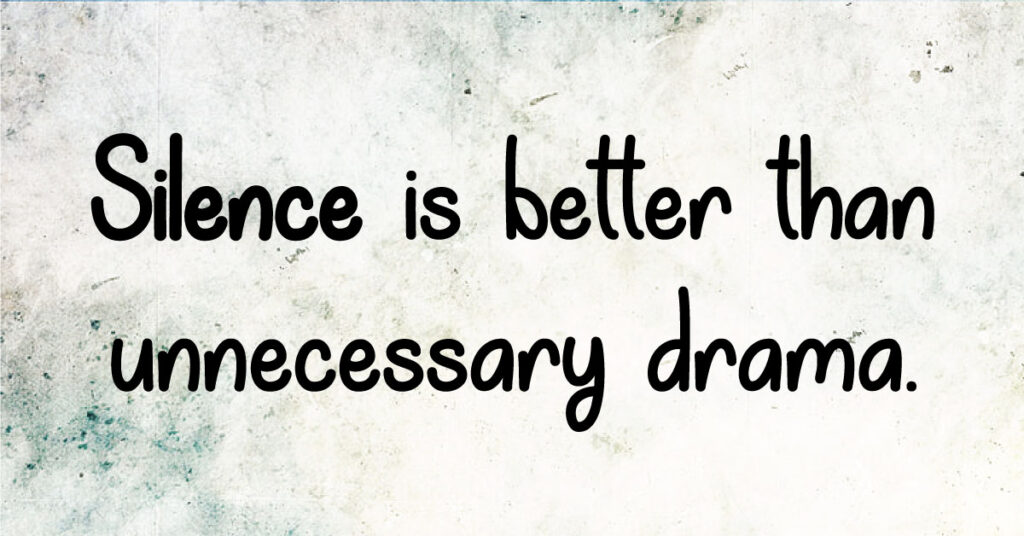In our increasingly interconnected society, the concept of solitude often carries a negative connotation, being equated with loneliness or isolation. However, this perspective overlooks the profound distinction between being alone and feeling lonely. Being alone, or embracing solitude, is not inherently isolating or distressing. On the contrary, it can serve as a powerful catalyst for self-awareness, introspection, and personal growth.
This voluntary state of being alone provides an opportunity to delve into our thoughts, emotions, and ideas, free from external distractions. It allows us to foster independence, and resilience and cultivate a deeper understanding of ourselves. The key lies in acknowledging and exploring this paradox, enabling us to redefine societal norms and leverage solitude for our personal development.
Embracing Independence Without Succumbing to Loneliness: A Balance Between Self-Reliance and Connection
Independence, often linked with solitude, doesn’t inherently translate to loneliness. As highlighted in an article on Literally Darling, one’s independence can occasionally incite intense feelings of loneliness, but it’s not a given outcome. True independence is about eliminating reliance on others for happiness and the completion of tasks. It’s about fostering a sense of self-reliance and self-sufficiency that empowers us to stand on our own two feet.
More importantly, this journey towards independence often sparks a process of self-discovery and personal growth. It pushes us to explore our capabilities, strengths, and weaknesses, thereby leading to a deeper understanding of ourselves.
The Emotional Void and the Quest for Connection
On the flip side, loneliness is a deeply personal and subjective experience. It’s not about physical solitude, but rather the yearning for companionship and the lack of it. This sensation can envelop someone even when they are in a crowd or surrounded by acquaintances. As Matthew Yglesias astutely observes, people often mistake loneliness – a deficit of emotional connection with others – with the concept of being physically alone.
Loneliness doesn’t discriminate based on your social surroundings; it’s more about the emotional void and the longing to fill it. Ultimately, it’s the quality, not the quantity, of our social interactions that can alleviate feelings of loneliness.
Embracing Alone Time for Personal Growth
Interestingly, solitude, or the state of being alone, isn’t always negative. When embraced willingly, it can be a rewarding experience. Solitude provides a unique space for self-reflection and introspection, allowing us to connect more deeply with ourselves. As Lucy Milanova articulates in her LinkedIn article, solitude fosters independence and self-reliance.
It enables us to distance ourselves from external distractions and forces us to make decisions independently, without constantly seeking validation or approval from others. In essence, solitude can become a self-imposed hiatus where we explore our thoughts, emotions, and capabilities, thereby nurturing our individuality and resilience.
Understanding the Impact on Mental Health and Harnessing Emotional Wellbeing
However, it’s crucial to acknowledge that chronic feelings of loneliness can trigger adverse mental health outcomes, including anxiety and depression. The continuous absence of emotional connection or companionship can strain mental well-being, causing distress and a sense of isolation. Therefore, it’s critical to distinguish between constructive solitude and destructive loneliness.
While solitude can be a self-chosen, positive experience that fosters self-reliance and introspection, loneliness is an involuntary state of emotional disconnection that can impact mental health negatively. Recognizing the difference between the two can help individuals better manage their emotional health, leveraging solitude for personal growth while taking steps to address and mitigate feelings of loneliness.
Valuing Social Connections for Emotional Enrichment
Embracing independence and solitude can indeed open doors to self-growth, spark creativity, and foster personal development. It offers us the space to delve into our thoughts, ideas, and emotions, and to cultivate a deeper understanding of ourselves. However, striking a balance is key. While appreciating solitude’s benefits, it’s equally essential to acknowledge our innate need for human connections.
As social beings, we are wired to thrive on interactions with others, which provide emotional support, and shared experiences, and enrich our lives in numerous ways. Therefore, while solitude can be a powerful tool for personal growth, it’s equally important to maintain and nurture our relationships, seeking and offering companionship as needed. After all, a harmonious blend of alone time and social interaction can lead to a well-rounded, fulfilling life.
Final Thought
In conclusion, the paradox of independence is not about being alone or feeling lonely; it’s about understanding and embracing the difference between the two. It’s about learning to enjoy one’s own company without feeling isolated and seeking connections without compromising on one’s independence.








